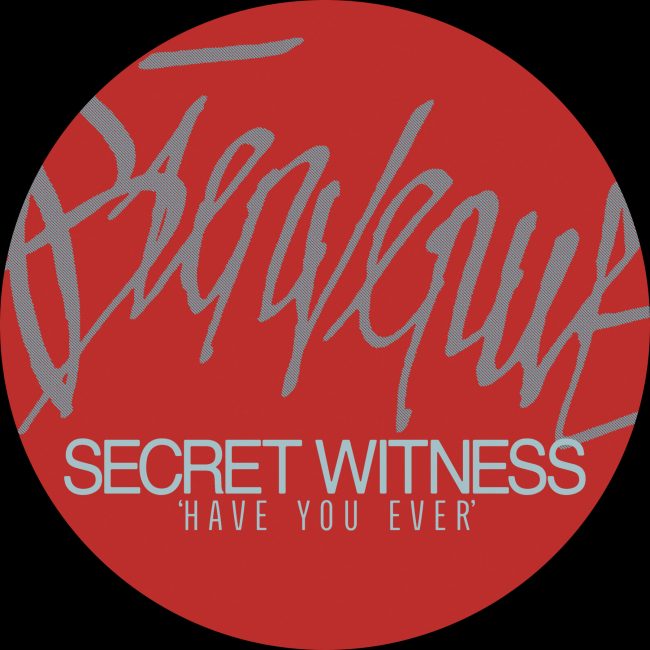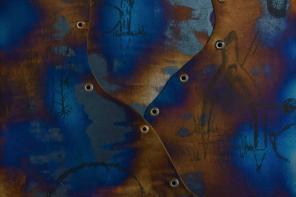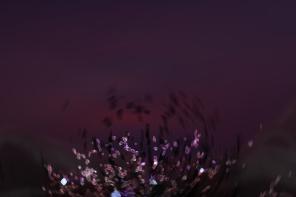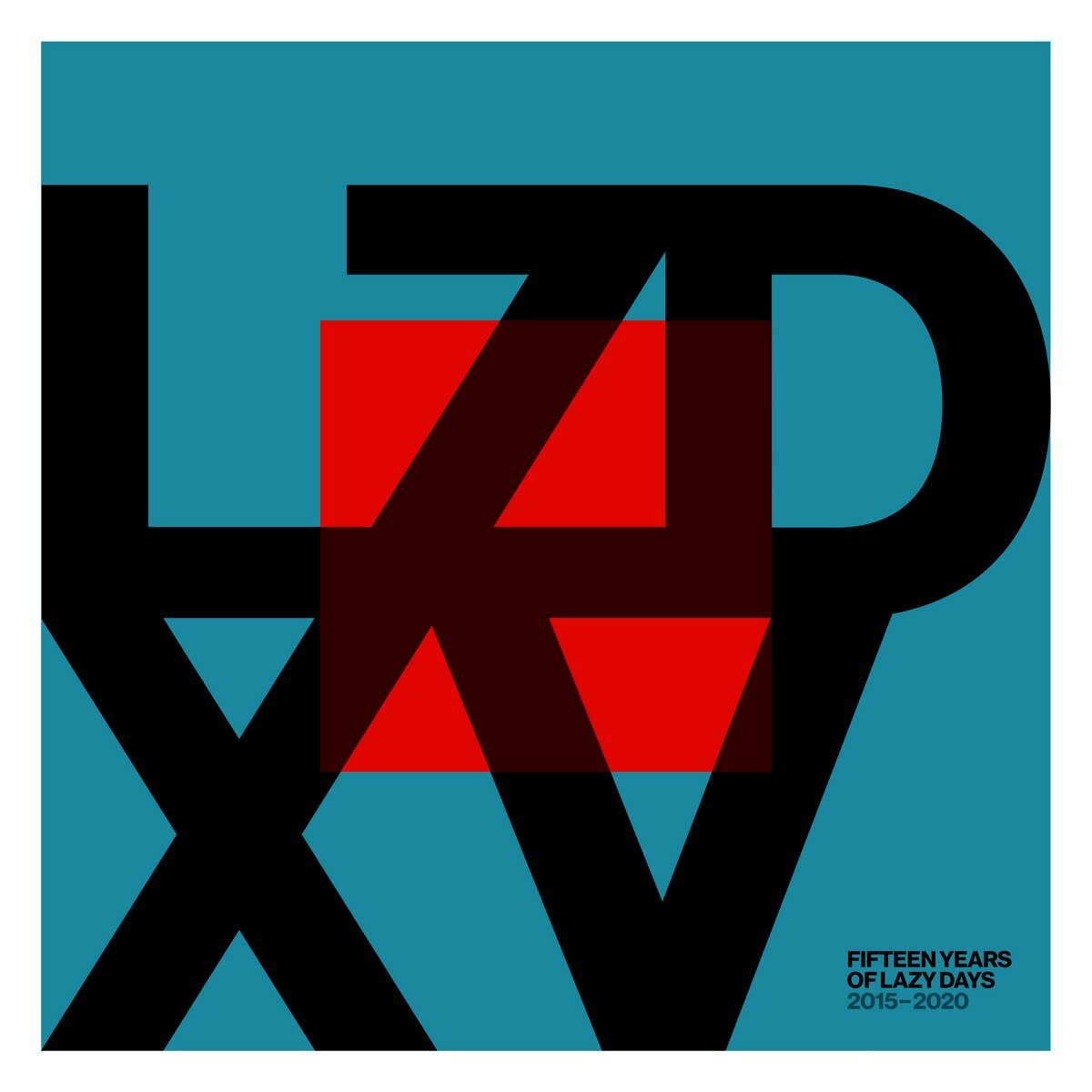 Running a record label can be a very thankless job. Making it bloom requires a lot of dedication, perseverance and skills. It also means reinventing yourself constantly. Fortunately, these are qualities that Lazy Days oneman-head, Fred Everything, has been demonstrating in every aspects of his three decades career as an artist.
Running a record label can be a very thankless job. Making it bloom requires a lot of dedication, perseverance and skills. It also means reinventing yourself constantly. Fortunately, these are qualities that Lazy Days oneman-head, Fred Everything, has been demonstrating in every aspects of his three decades career as an artist.
Starting out as a live performer, the Quebec city born has been able to make his transition as a brilliant producer. Incorporating everything from the strains of UK deep house, shimmering balearic melodies and foundational US dance music grooves while rooting his craft in a profound knowledge of this music’s history has been a few of the mainstays of his output over the years.
His deep knowledge and thirst for every sound that elevates your mind body and soul has been the driving force behind his second-to-none DJ sets, showcasing an impeccable old school technique woven into the fabric of an unapologetically emotional approach to making people move. Listening to the three compilations spanning the decade and a half Lazy Days has spent pumping his vision of “that thing we call house” into our record crates made us want to pick Fred’s brain on his tireless work for the imprint.
INTERVIEW
A&R can be what makes or breaks a recording label. What would you say is your guiding philosophy when it comes to artistic direction for Lazy Days?
For me it’s really more of a feeling than a philosophy. I let my instincts guide me, the same way I shop for music to play — I usually know within the first bars of hearing it. It’s like choosing which colours you want to add to your painting. Relationships also play a big part. I really care about the process when working with artists on the label and I want to make sure that it’s a good experience for everyone.
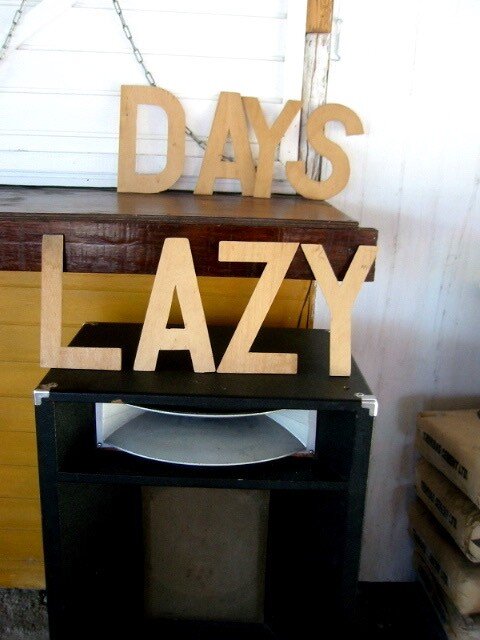
How has running a label, with all the tasks it implies, impacted your work as a musician, a DJ? How has it influenced your own artistic vision as such?
It’s part of my day-to-day routine. At this point in my life and my career, I find myself diversifying more and more — lately adding education and writing to my ever-growing list of tasks. I used to resent some of the administrative label work that took time away from the studio but now I understand that they’re all part of one thing and they all inform and help each other.
Do you feel that your fame as DJ/Producer is driving people toward Lazy Days or the other way around? Is it relevant to think like that? Is it something that is on your mind?
I never really thought about that. I guess it’s impossible not to dissociate one from the other. The label is an extension of what I do as a DJ/Producer. Because I’m involved in a lot of releases on Lazy Days, it’s possible that’s how people discover the label. But there are also a lot of very talented people on the Lazy Days that have helped expand our audience.
Is there one imprint for you that embodies vision as a label? Could you explain why?
I think the way I do things with the label is unique, for better or worse, and that’s what I’m thriving for. I’m influenced by a lot of UK labels from the late 90s, early 2000s. Labels like Nuphonic and Paper for example. They released a wide variety of music, always joining the dots with consistency and great care for the releases with nice artwork, mastering, etc… For me, one of the great modern labels remains Freerange and their counterpart Delusions Of Grandeur. We are also friends and share a few artists on our labels, but they are way ahead of us on so many levels. I look up to how they do things for sure.
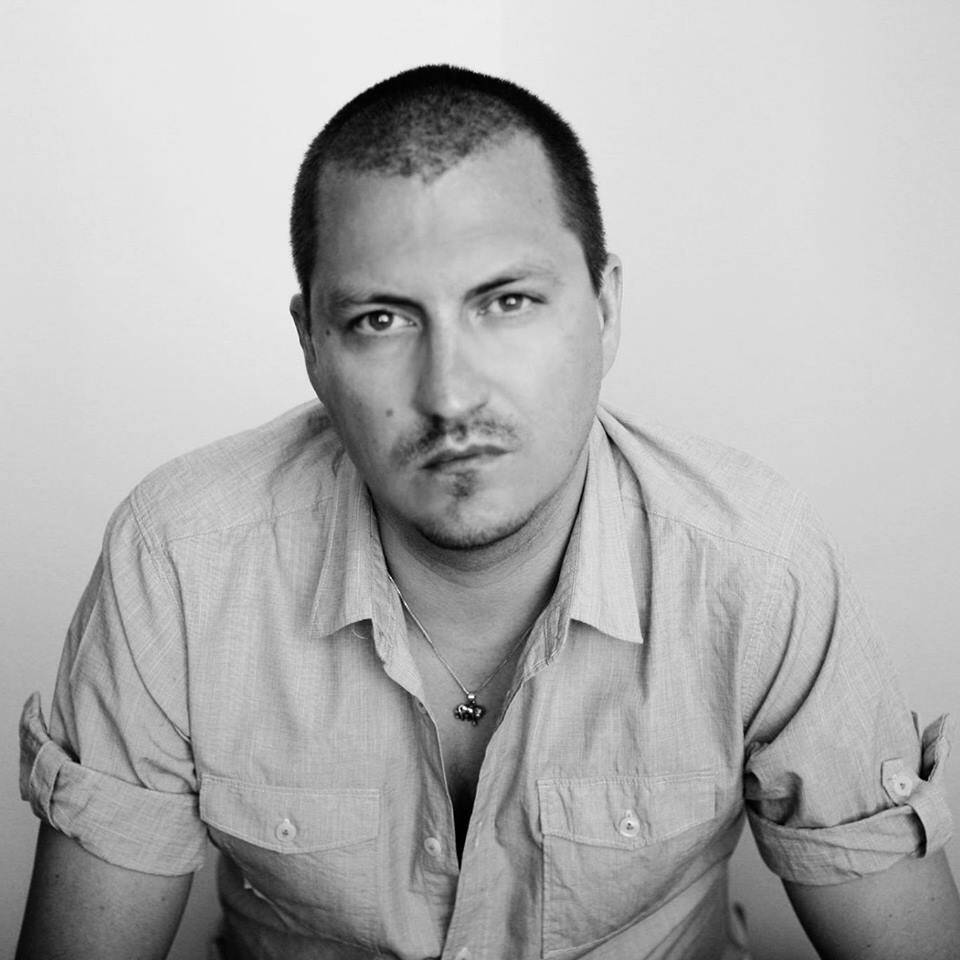
Do you have or did you have mentors when it comes to run a label? How did it influence you for the label?
Following what I just said, I guess I could say Jamie Odell (Jimpster). He’s always been there to answer any questions I’ve had. My friend Martin Iveson (Atjazz Records Company) is also someone I speak to regularly about label matters amongst other things. I’m amazed how these two find the time to juggle with production/creative time and running a label. They also both have kids, which is something I don’t!
What other art forms are you sensitive to and in what way do they inspire or energize your process?
Art in general. My wife is curator in contemporary art and she introduced me to a lot of artists and their work over the past years. As I mentioned earlier, I’m driven heavily by instinct, and I’m drawn to graphic art, which has a direct and visceral affect on me. She’s challenged me on digging deeper into questions regarding my own work, the same way visual artists do. It’s helped me re-affirm not only what I do but especially, why I do things.
You relocated from San Francisco after living there for a decade. Has that move had an effect on the LZD Do you think location still has an influence on the sound of an artist nowadays? If yes, in what way?
Moving back to Montreal was the right thing for many reasons. San Francisco was a wonderful experience but there’s no place like home. I feel more settled and grounded than ever. I’m not constantly thinking of my next move or my next trip! It was lovely to rediscover a city and meet artists that came up during the time I was away (like yourself!). The sound is similar. My ears are constantly opened to what’s happening globally, but I keep the circle of artists tight, introducing new signings here and there, always organically.
I was listening to an interview Atjazz did a while back talking about the meaning deep house had in South-Africa, that it was a whole different scale over there. I know you have been quite often and that people are following you heavily over there. Has this reflected on Lazy Days as well? Do you have plans to release music from South-African artists? Collaborations?
I have only been to South Africa twice. I had a tour planned in April last year also, but that got cancelled last minute due to the pandemic. I do get a lot of support there for myself and the label. South Africans are huge fans of Deep House with great enthusiasm. I’ve collaborated with Jazzuelle a bit on Lazy Days and Get Physical and also Sio, who sang on my last album. I also had Jullian Gomes recently on the label and I remixed a few of his tracks as well. I hope to go back when things get better and hopefully get more collaborations going. I’d love to host a workshop there to help inspire the growing scene of producers down there.
You seem to have a very ‘organic’ way when it comes to the artists you work with; you mentioned you were not really releasing music from unsolicited demos. How do you find out about new music (to release and in general)?
I do listen to most demos but I’ve only signed maybe a couple of releases that way. I can’t accommodate a lot of new music on the label every year so I simply keep an open dialogue with existing artists on the label and open new ones with artists I look up to and If there’s music they want to put out and it fits, I’m happy to welcome them onboard.
It seems you have built a roster of sort, some kind of community. Was that something that was present before the label and that got mirrored by its output or has it been built simultaneously?
It already existed, as I was already 10 years into my career as a recording artist when I started the label. But obviously, it grew organically from there, through forming new relationships via music.
Could you tell us more about the relation you have built with Atjazz or Shur-I-Kan for example?
My relationship with Atjazz is very unique. He’s been one of my best friends since we met in 1998 at a DIY gig in Nottingham. Beneath all of our collaborations is a great friendship. I could be anywhere in the world and he knows something is wrong and the phone will instantly ring. He’s an extremely talented person but also very generous with his time and a very funny person too! I’ve known Tom (Shur-I-Kan) for a shorter time but I’m a big fan of his music and we’ve gotten to know each other a bit more over the years. I invited him to play my going away party in San Francisco and we have been having random zoom meetings lately, talking about life and music theory. He’s a great keyboard player too!
You have recently released three compilations commemorating the 15 years of Lazy Days, each spanning 5 years of the label. How did you go about choosing these tracks?
I was toying with different ideas for this celebration. The pandemic messed up quite a few plans, including any touring so I was forced to re-evaluate my options. I tried to compile 15 songs, but it was too hard, so I decided to concentrate on 3 periods of 5 years and showcase 15 tracks from that period. It’s nice to see the evolution, from the first 5 years, which were a little bit more like childhood, the middle 5 is the coming to age, and the most recent one shows a more solid and established label.
Could you give us an idea of what your plans are now that you have reached this pretty impressive milestone?
Continuing what I started! Happy to be back doing a few vinyl projects with Prime in the UK. Release wise, I’m re-releasing an old B-Side from my 20:20 Vision years called Here (Now) with remixes by Prins Thomas and a new one from myself. New Remixes of my song with Robert Owens I’ll Take You In as well as a special gift to myself, a remix of Barbarella by I:Cube on 10”. After that, there’s a new Shur-I-Kan EP and hopefully a new Fred Everything album!
Interview by Bowly Aka OJPB.

